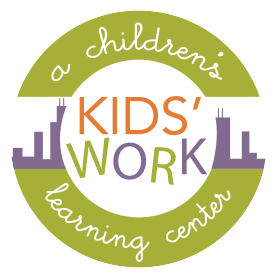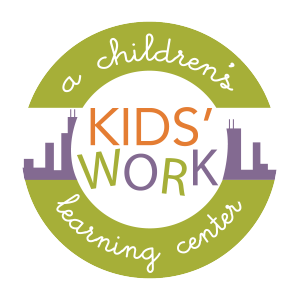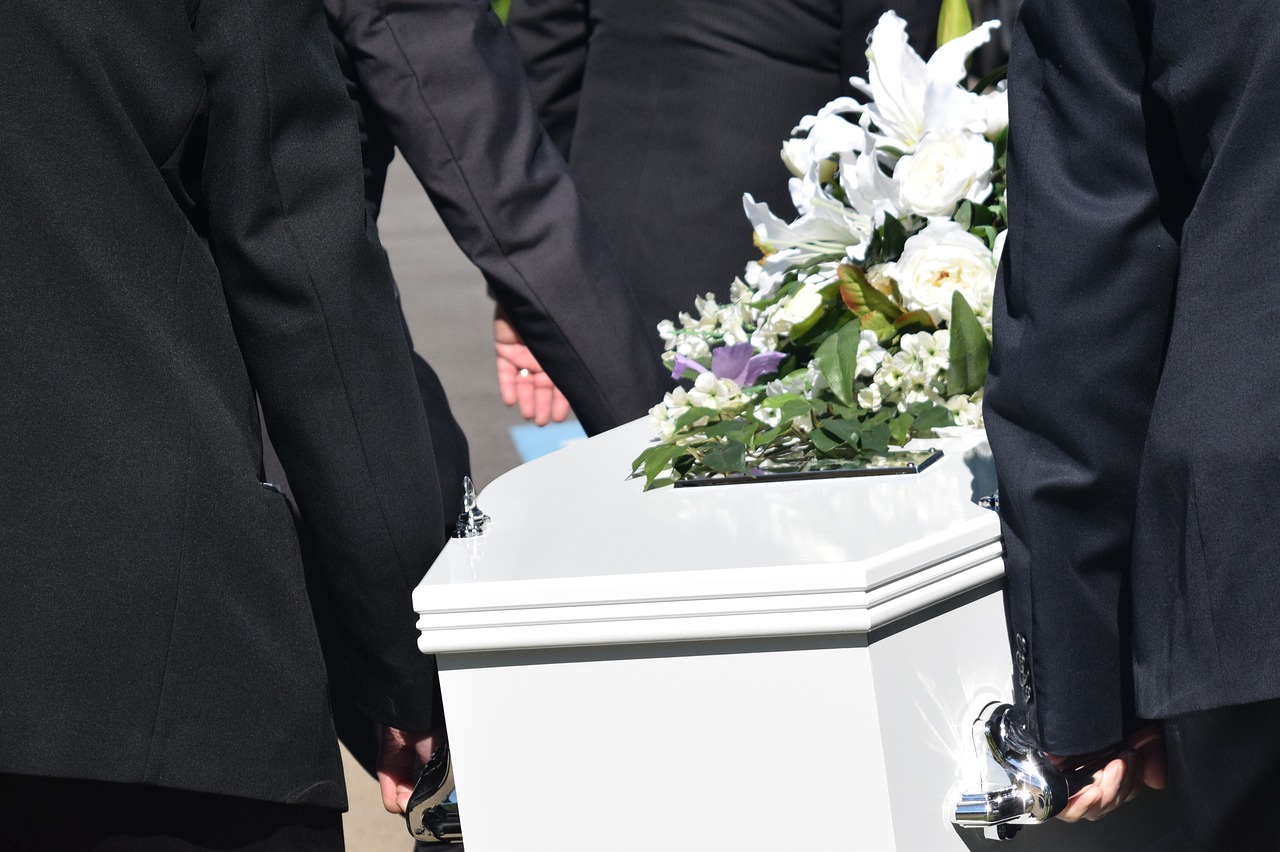Death may be a normal and expected part of the circle of life, but it is almost never an easy thing to experience or talk about, and often comes suddenly and without warning. It can be a big experience for a toddler when they encounter death for the first time. Whether it’s a parent, spouse, friend, sibling, or other family member, chances are you’ll be grieving and navigating your own feelings and understanding about the death, and you’ll need to provide information, understanding, and support for your toddler too.
But how do you talk to a little one about death? What are some ways to break the news, provide comfort and support, and include them in any memorial services or funerals without scaring, confusing, or traumatizing them? It’s a big topic, so we’ll cover it in a few installments.
Here are some tips for starters for helping little ones learn about and deal with the death of a loved one, family member, or even just acquaintance to them:
1. Be simple and clear
Don’t get real elaborate or flowery in your words. When you have to tell your toddler that someone has died, say it simply: “I have some sad news. Grandpa died last night.” Give them a moment to process these words before going into anything else. Use direct language, not euphemisms or ways to describe it like, “it’s like Grandpa’s gone to sleep forever,” because you may inadvertently plant fear that if they go to sleep, they’ll die too. You may have the inclination to give them lots of information right away to try to make the process easier for them to understand, etc., and pre-empt their questions so they’re not worried, but it can be helpful to just give them simple words that are easy to understand and give them a little bit to process that first, before moving on further.
2. Be there to listen and be comforting
Kids at a young age don’t have pre-programmed ways to cope or respond to this sort of news, especially if this is their first experience with loss. They may or may not cry, or react at all, they may just have a lot of questions. Take the time to sit with them and answer questions they may have as best you can, or just hang out with them for a while as they work through it. There’s no right or wrong way for them to respond, you’ll just have to play it by ear depending on how they do.
3. Do continue to listen and support for the days, weeks, and months to come
Beyond the first day of the news, and even beyond the services, help your child put emotions into words, and acknowledge your own too. Encourage them to talk about what they’re thinking and feeling after the loss, and share your emotions and thoughts with them too, because it will help them become more aware of and familiar and comfortable with theirs as they continue to process. Sometimes it will take a while for it to kick in the actual implications of the loss – like that “Grandpa dying” means he won’t be there for Christmas or birthdays anymore, or even this year.
Death may never be an easy thing to experience or talk about, but above all let your little one know they’re loved and safe and offer lots of comfort and hugs if needed, and sometimes that’s the best thing you can do.


